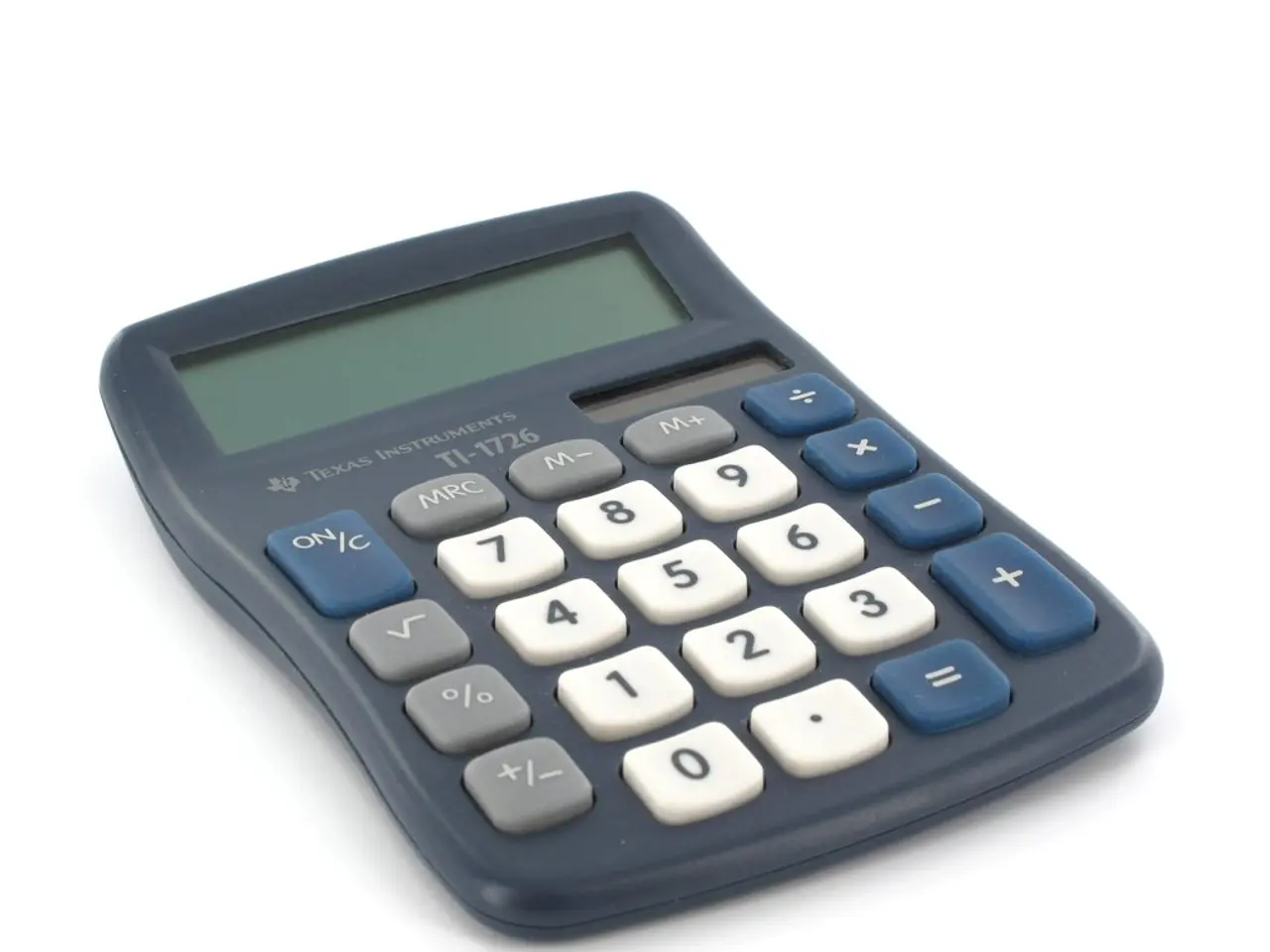Strategies for Effective Math Education Evaluation to Boost Success Rates
In the realm of math education, the way we assess students plays a pivotal role in enhancing learning outcomes. Various approaches to assessment strategies have been developed to measure student understanding, guide instruction, and support student growth.
One such approach is formative assessment, designed to monitor student progress and provide ongoing feedback throughout the learning process. Methods for formative assessment include quizzes, class discussions, observation of student work, peer assessment, and teacher feedback. By identifying areas where students need additional support, formative assessments help enhance student learning and enable timely interventions.
Summative assessments, on the other hand, evaluate student learning at the end of a lesson, unit, or course. Methods for summative assessments include tests, exams, projects, and final presentations. These assessments provide a comprehensive overview of what students have learned, helping in making decisions about future instruction or placement.
Diagnostic evaluation is another crucial approach, used to identify students' prior knowledge and skills before instruction begins. Methods for diagnostic evaluation include pre-tests, diagnostic quizzes, learning style surveys, and teacher interviews. By tailoring instruction to meet individual needs, diagnostic evaluations help ensure that learning is differentiated and effective.
Placement evaluation is used to determine the most suitable level or group for a student at the beginning of a course or school year. Methods for placement evaluation include admission tests, subject-specific placement tests, review of academic records, and teacher recommendations. Proper placement ensures that students are placed in appropriate learning environments, preventing frustration or boredom due to misplacement.
International Large-Scale Assessments, such as PISA, evaluate mathematical literacy across countries, providing comparative data on national education systems. This data helps policymakers design more effective educational policies.
Interim assessments support teaching and learning throughout the year, offering detailed insights into student knowledge. Methods for interim assessments include Interim Comprehensive Assessments (ICAs) and Interim Assessment Blocks (IABs). These assessments allow for targeted interventions to improve learning outcomes.
These assessment strategies contribute to enhancing student learning outcomes in several ways. They personalize instruction, provide immediate and useful feedback, assist in identifying areas where students need additional support to achieve mastery, hold both students and educators accountable for learning goals, and encourage innovative teaching methods.
The incorporation of social and emotional learning elements into mathematical assessments is expected to play a role in evolving practices. Popular online platforms like Kahoot and Quizizz are used for formative assessments, while Google Forms and Microsoft Forms streamline the administration of surveys and tests, providing valuable analytics. Adaptive learning technologies adjust the difficulty of questions based on student responses, while digital tools in assessments provide immediate feedback and facilitate the development of interactive assessments.
Differentiated assessment strategies tailor approaches to evaluation based on students' diverse learning needs and strengths, while peer assessment involves students evaluating each other's work, promoting critical thinking and collaborative learning. Future directions in math assessment strategies emphasize the use of formative assessments and the integration of technology.
By integrating these strategies effectively, educators can optimize learning environments, support student growth, and foster a deeper understanding of mathematical concepts.
- In the field of education-and-self-development, e-learning platforms like Kahoot and Quizizz are frequently utilized for implementing instructional strategies such as formative assessments, which aid in monitoring student progress and offering immediate feedback.
- Professional development for educators can focus on exploring various learning approaches, including the use of technology for formative assessments, as these strategies are expected to play a significant role in fostering personal-growth and enhancing student learning outcomes.
- Ongoing teacher development is critical for implementing effective assessment strategies, such as interim assessments, which allow for targeted interventions to support student learning and promote learning differentiation through approaches like peer assessment.




